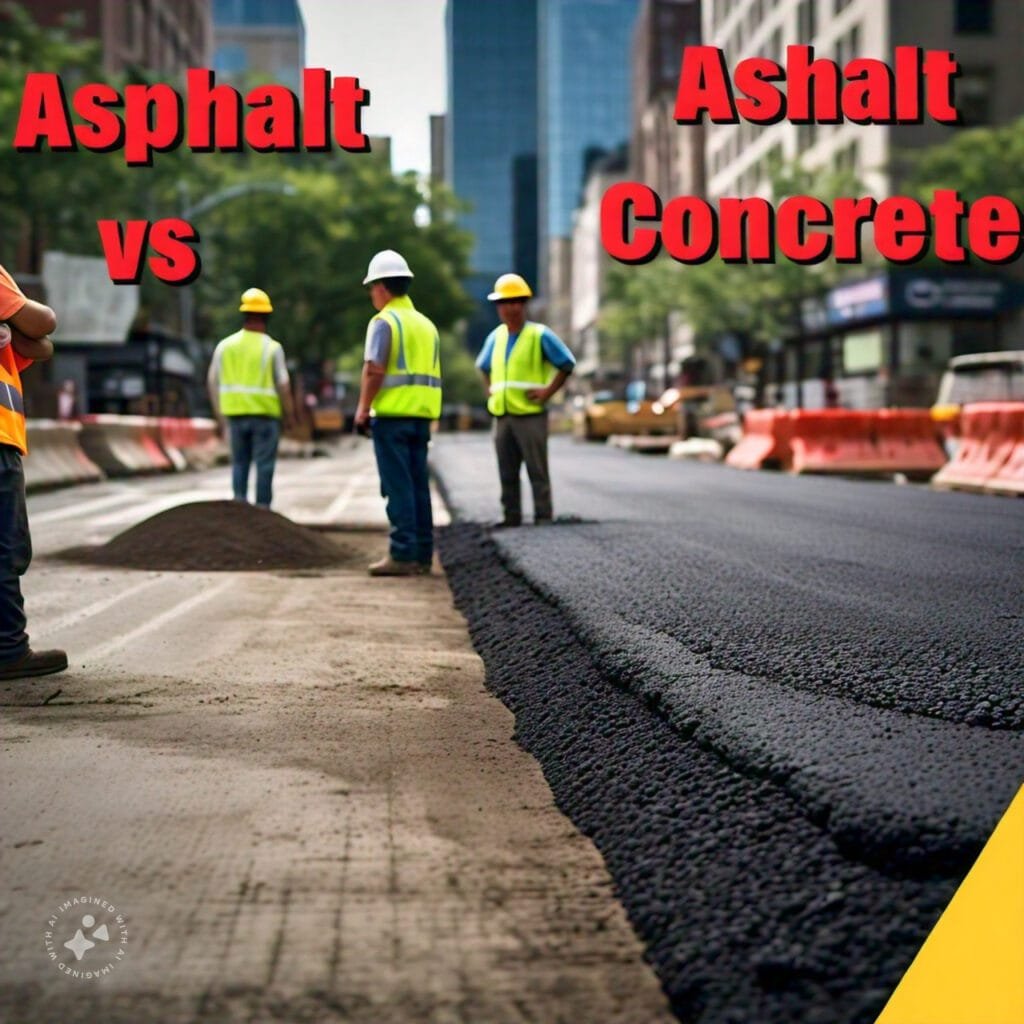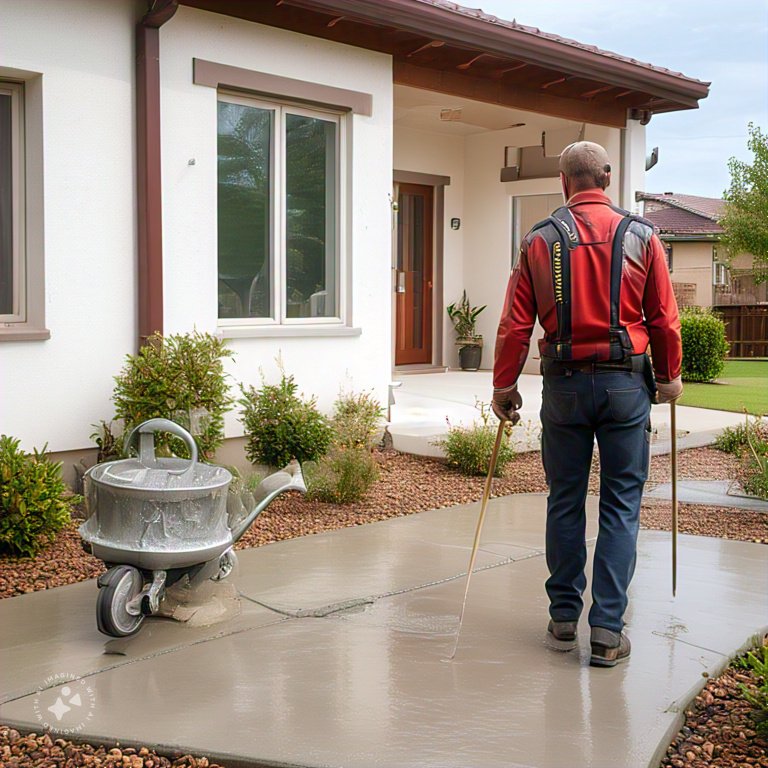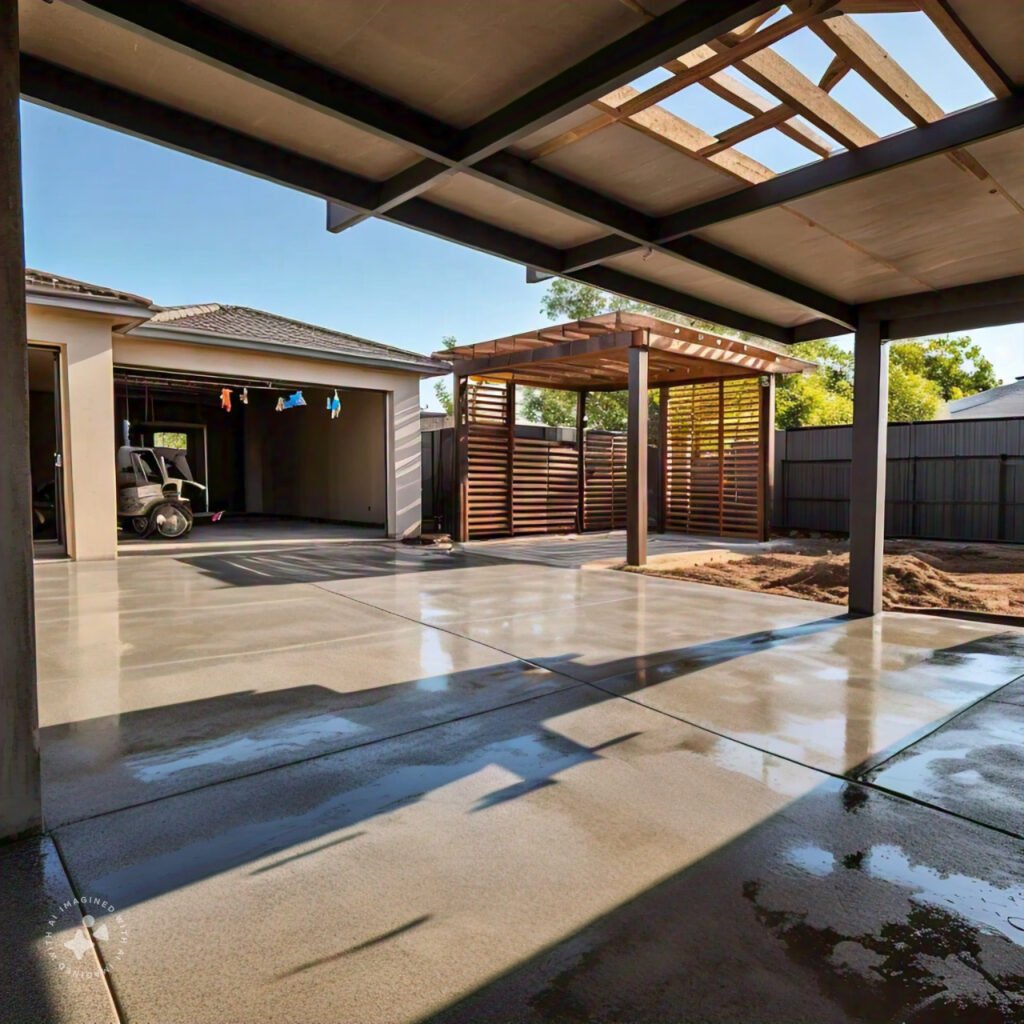Asphalt vs. Concrete
Choosing the right material for street paving is one of the most important decisions in any road construction project. Asphalt and concrete are the two most common materials used in Houston, but they have distinct advantages and disadvantages. Factors such as cost, durability, maintenance, and traffic load all play a role in determining which material is best suited for your project. In this article, we will compare asphalt and concrete, breaking down their pros and cons to help you make an informed decision.
Why it matters to Cross Construction Services
1. Asphalt: The Flexible and Affordable Option
Asphalt, or hot-mix asphaltic concrete (HMAC), is a popular choice for roads due to its flexibility and cost-effectiveness. It consists of a mixture of asphalt binder and aggregate, creating a surface that is both smooth and durable.
- Advantages:
- Lower Initial Cost: Asphalt is generally less expensive to install than concrete, making it a popular choice for residential streets and light traffic areas.
- Quick Installation: Asphalt can be laid and ready for use in a relatively short time, making it ideal for projects with tight deadlines.
- Flexibility: Its flexible nature allows it to adapt to changing weather conditions and minor ground movements without cracking.
- Disadvantages:
- Maintenance: Asphalt requires regular maintenance, such as seal coating and patching, to prevent potholes and cracks.
- Shorter Lifespan: Compared to concrete, asphalt has a shorter lifespan and will need to be replaced more frequently.
2. Concrete: The Durable and Long-Lasting Choice
Concrete is known for its strength and longevity, making it the material of choice for highways and heavy traffic areas. It is made from cement, aggregate, and water, creating a rigid surface that can last for decades.
- Advantages:
- Durability: Concrete can last 30 years or more with minimal maintenance, making it a great option for high-traffic areas.
- Low Maintenance: Once installed, concrete requires very little maintenance compared to asphalt.
- Weather Resistance: Concrete is more resistant to high temperatures and extreme weather conditions, making it suitable for Houston’s hot summers.
- Disadvantages:
- Higher Initial Cost: Concrete is more expensive to install than asphalt, making it less attractive for budget-conscious projects.
- Longer Installation Time: Concrete takes longer to install and cure, which can delay project timelines.
3. Frequently Asked Questions About Asphalt and Concrete
- Which material is more environmentally friendly? Concrete is generally more environmentally friendly due to its longer lifespan and lower maintenance needs. However, asphalt can be recycled, reducing its environmental impact.
- How do I decide between asphalt and concrete for my project? Consider factors like traffic load, budget, and maintenance preferences. Asphalt may be better for residential streets, while concrete is ideal for highways and commercial zones.
Concrete Solutions
Both asphalt and concrete have their pros and cons, and the best choice for your project will depend on factors like budget, traffic load, and climate. Asphalt offers flexibility and affordability, while concrete provides long-term durability and lower maintenance. Carefully weigh these factors to ensure that you select the best material for your next street paving project.


